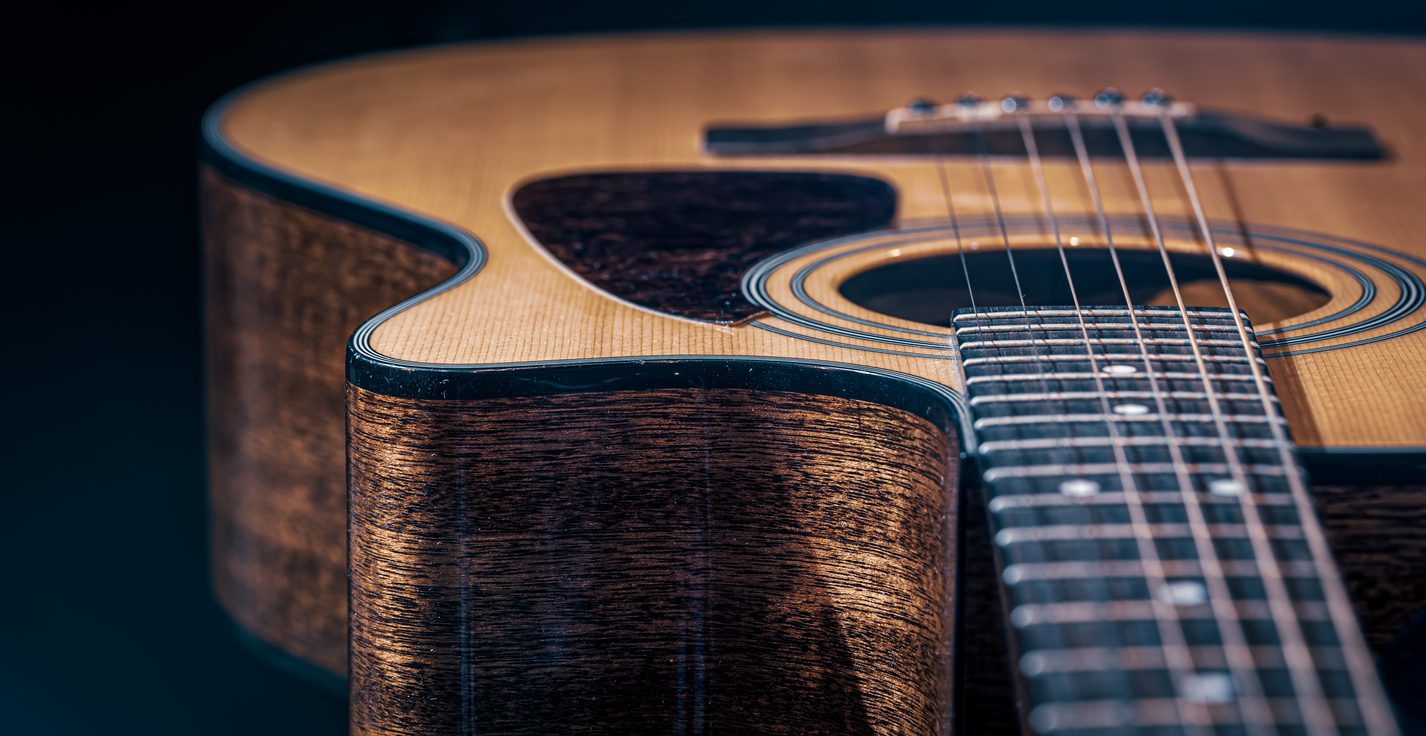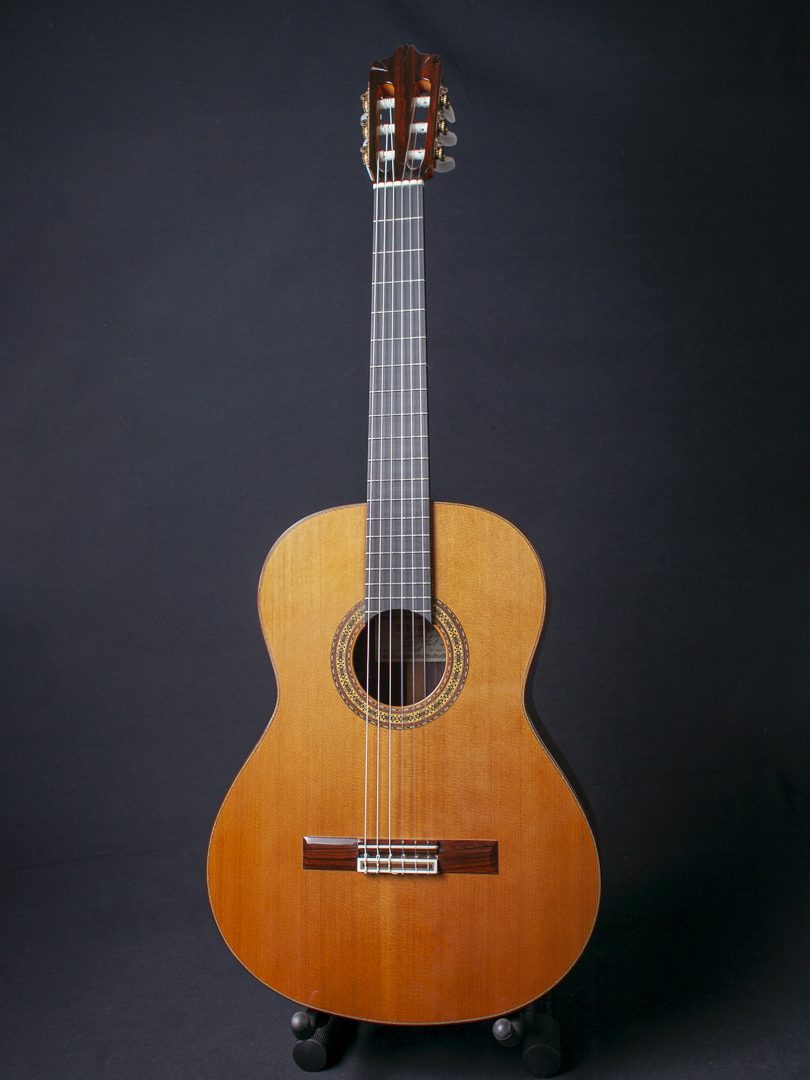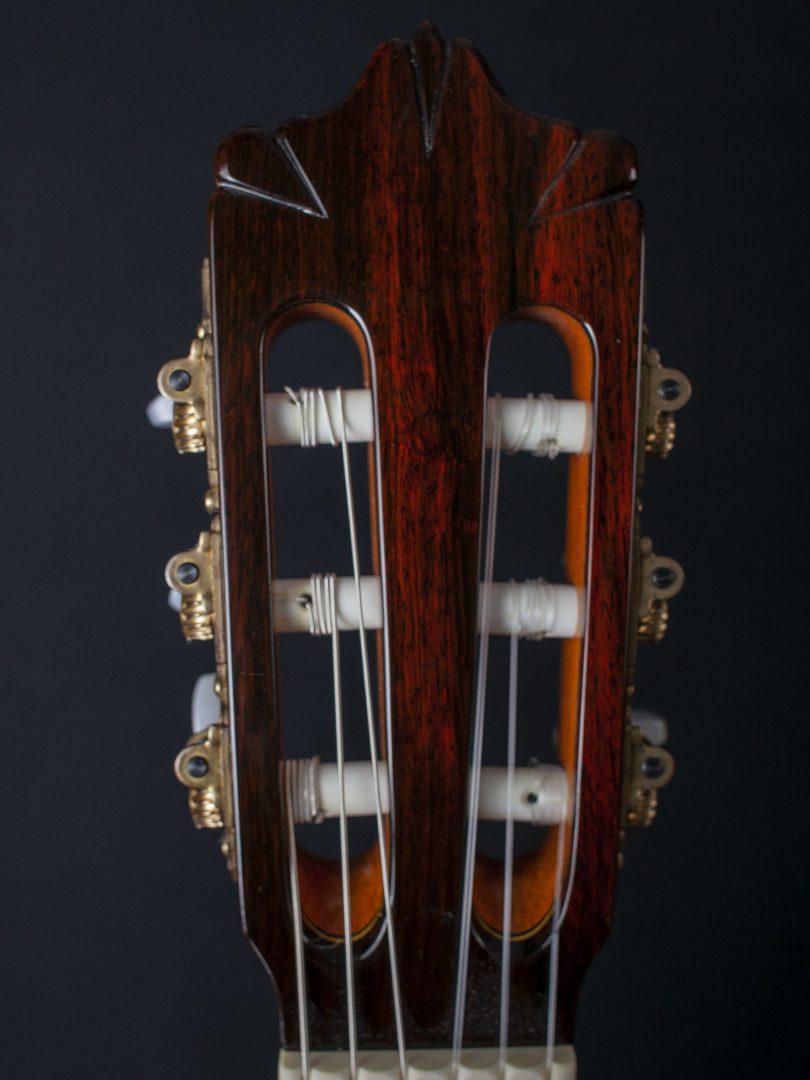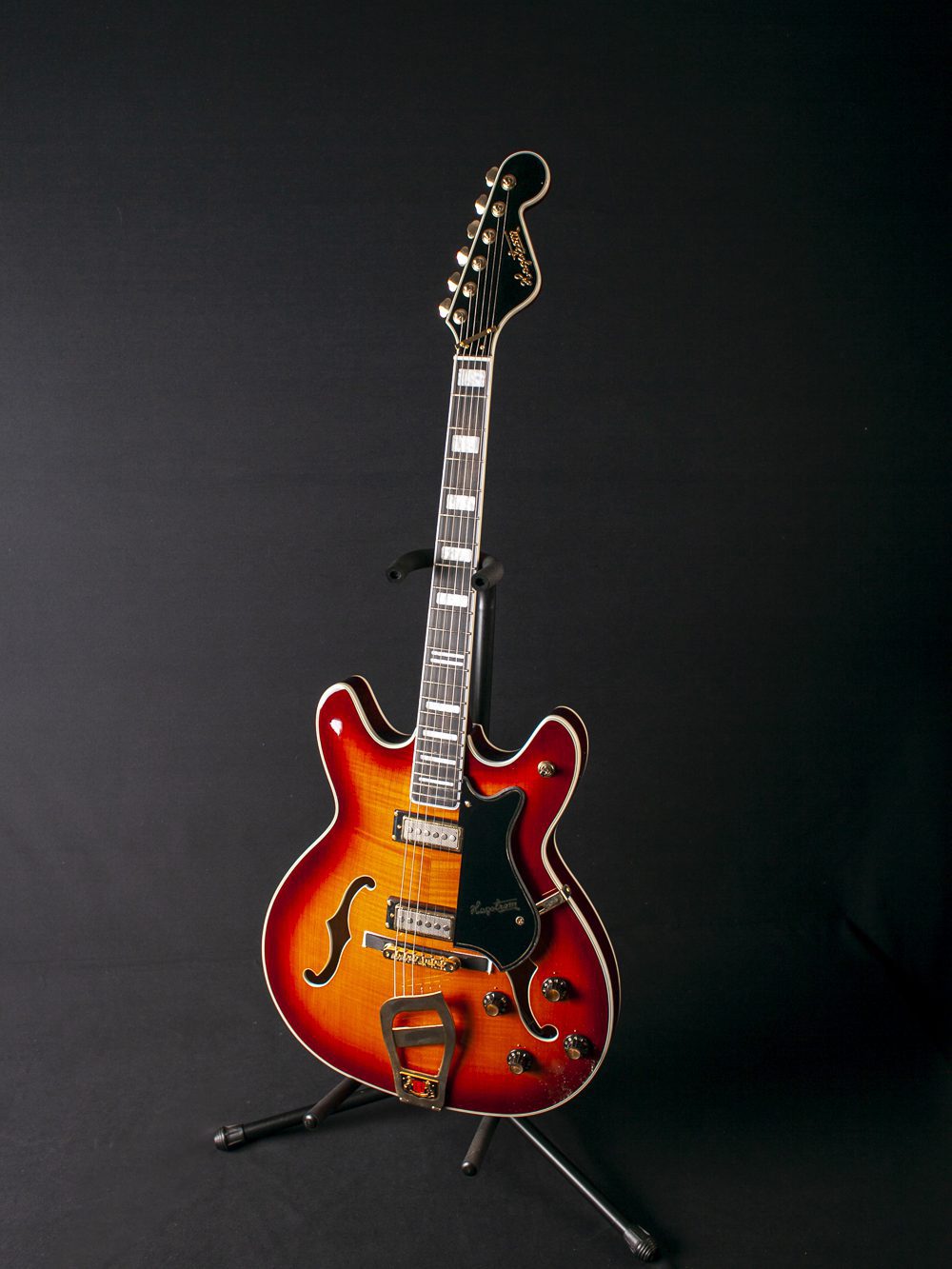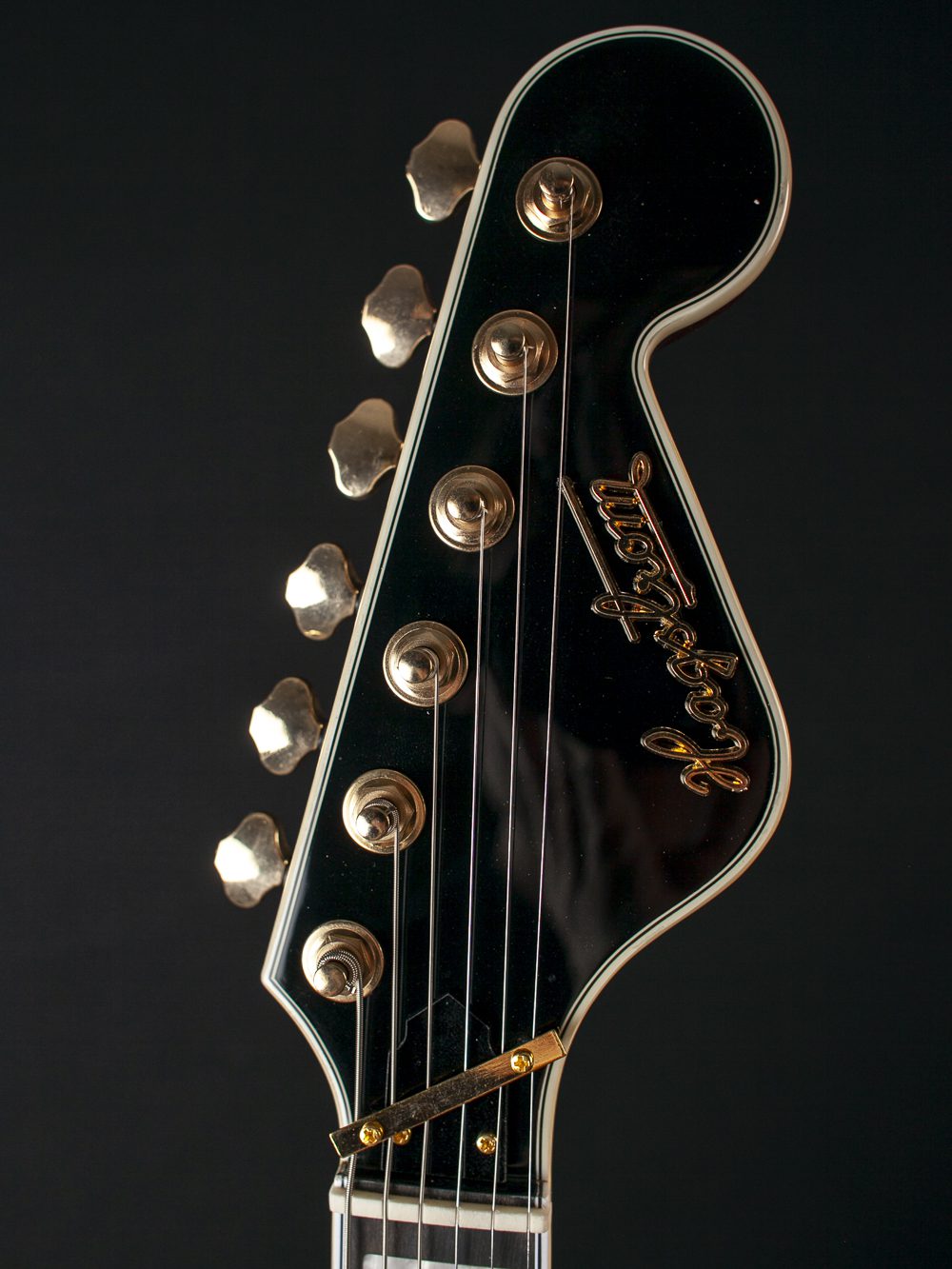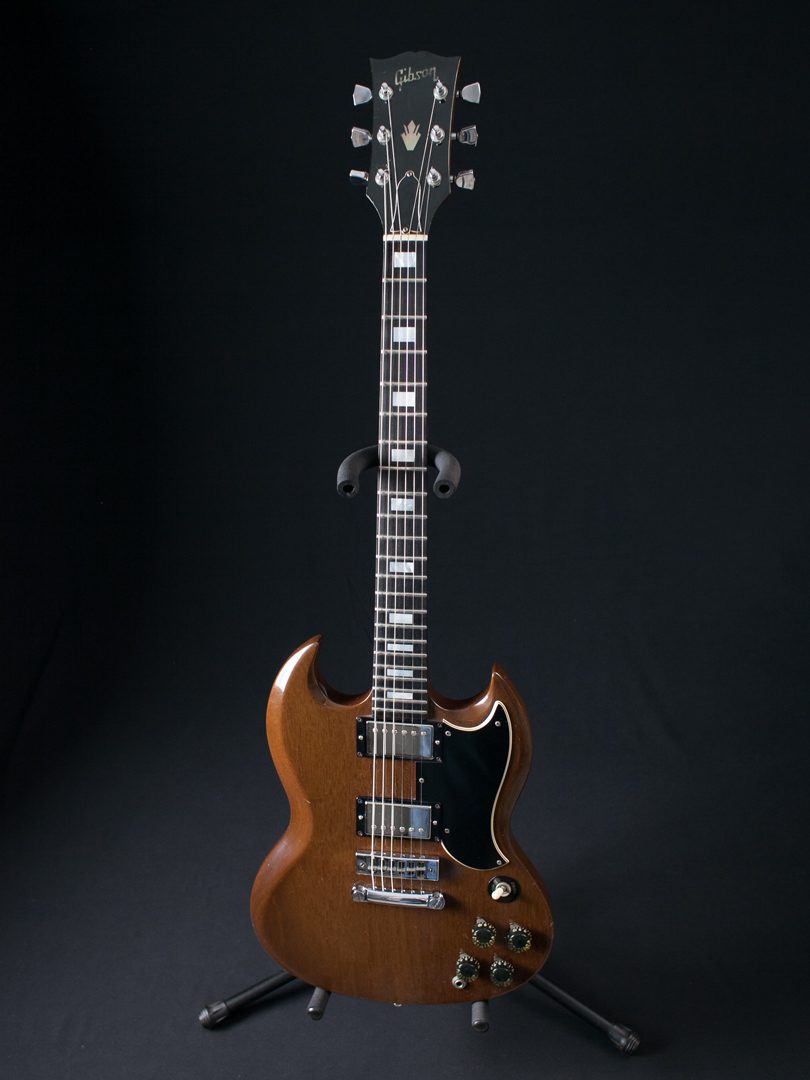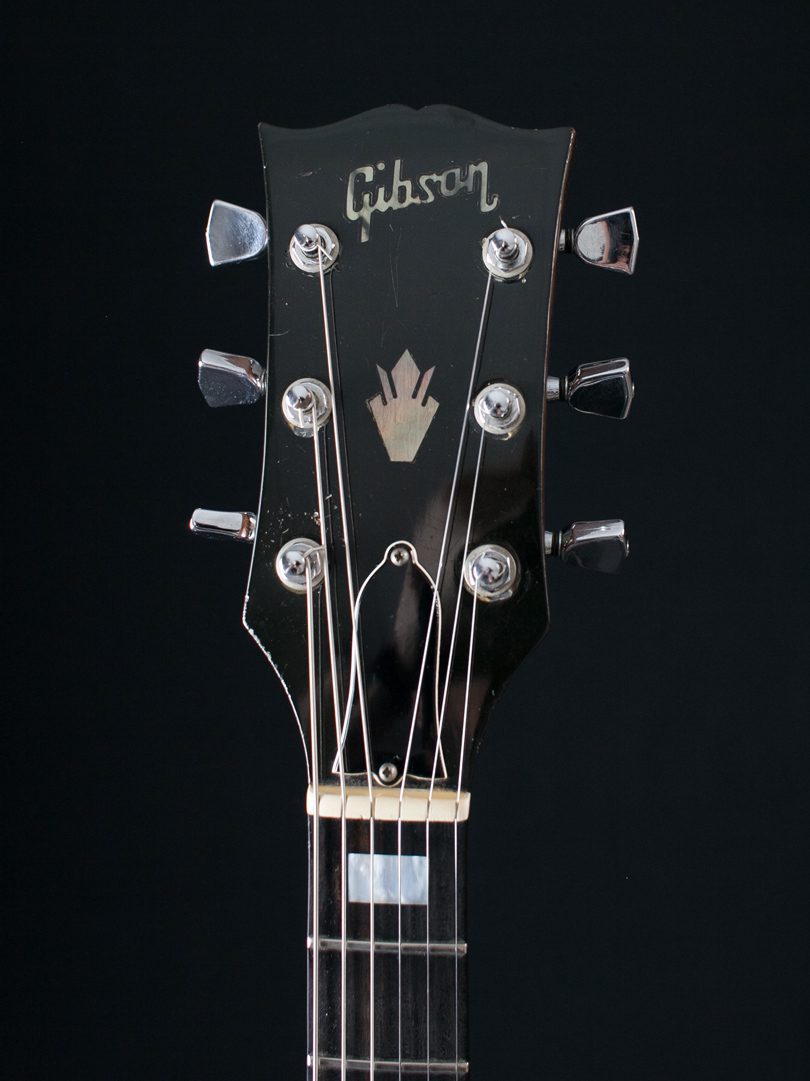So, you have a guitar sitting around that you don’t want anymore. Maybe it’s an old guitar and you’re looking to upgrade. Maybe you have too many guitars and you’re trying to clear some space. Maybe you inherited guitars and are trying to sell several at once. No matter your situation, we’ve got you covered! There are several ways to sell a guitar, and the best method for you will depend on your specific circumstances. If you’re wondering, “How do I sell my guitar?” we have some tips.
I Want to Sell My Guitar Online
One way to sell your guitar is to list it for sale yourself on the internet. Online marketplaces like Reverb, eBay, Craigslist, and Facebook Marketplace allow you to list your guitar for sale online. When listing on these sites, make sure to take clear photos of the instrument and write an accurate description, taking care to mention any wear & tear or damage. All of these platforms operate slightly differently, so be sure to have a general understanding of how they work (and what fees they take) before you list your guitar.
One major disadvantage to online marketplaces is that they often take a percentage of the sale, which can cut into the money you make pretty significantly. Plus, taking quality pics and writing a good description takes time. Also, shipping is much more of a hassle and cost than people realize. Guitar boxes are expensive. Packaging materials are expensive. And shipping is expensive (especially with insurance!). With all of this shipping a guitar can cost up to $250 (depending on its value and where it is headed).
I Want to Sell My Guitar Locally
Selling a guitar locally is often the easiest option, as it doesn’t require shipping it out yourself. The easiest way to sell a guitar is by selling it to a local friend. If you have a guitar to sell and your guitarist friend is in the market for a new axe, it may be a match made in heaven. However, this is not the most reliable method, especially if you have multiple guitars to offload.
Another option is to sell your guitar to a music store. Many music stores will buy used instruments, but often for a substantially lower price than an individual would pay for it, as they have to make a profit when they re-sell it. Certain music stores also offer consignment services, where they sell your guitar on your behalf and take a percentage of the sale. This is a great option if you don’t want to handle the details of the sale yourself.
Certain online marketplaces (Facebook Marketplace and Craigslist, for example) encourage selling and trading between people who live in the same area. If you list a product on Facebook Marketplace and sell it to someone in-person without using Facebook’s features, you can circumvent the selling fees.
Craigslist operates on a per-city basis, so people in your area will be more likely to inquire about your guitar. When meeting up to sell a guitar to a stranger, always be sure to meet in a public place with other people around just in case!
I Inherited a Valuable Vintage Guitar and Want to Sell It
Quite often, people will find themselves in a situation where they’ve inherited a valuable vintage guitar from a deceased family member. If this has happened to you, then you may be able to relate to some of the anxieties that come with this scenario. “How much is my guitar worth?” “Do I need to fix up my guitar before selling it?” “How do I negotiate the price of a guitar?” and so on.
The first step is to determine the value of your guitar. Manu vintage guitar stores like The Local Pickup provide professional appraisal to give you an appraised value and a listing price. This is done with comps in the market. Keep in mind that the other guitars out there on the internet like yours that are listed with a high price may never sell at that price, so it’s not reflective of their value but of the seller’s emotional belief that they have something valuable. Therefore, you can’t depend on comps based solely on similar online listings. You must look at guitars that have actually sold in the marketplace and more lasting value trends for your instrument (brand, age, model, condition). You may find that the market price is higher than the value an appraiser gave you, which is pretty typical.
You’ll be able to get a much better price for your guitar if it’s functioning as it should, so some repairs may be worthwhile. Even if there is nothing broken on the guitar per se, usually a guitar setup, cleaning, and new strings will go along way in enhancing the perceived value of the guitar (as it makes it a more playable, and thus nicer, instrument for the buyer).
If you inherited multiple guitars, you’re probably looking to sell most (if not all) of them at once, which can be a headache. In this case, it can be beneficial to find a single buyer, such as a guitar store, who can take them all off your hands at once. A single buyer will, of course, be looking for a significant discount for making the bulk purchase (often up to 30-40% off appraised value). You can also work with a vintage guitar store like The Local Pickup to take the guitars in on consignment. They will be able to handle the repairs and setups, as well as the photos, videos, marketing online, and displaying in their physical store.
There are lots of methods for selling your guitar. And if you’re looking to buy something with all that fresh pocket change, we always have guitars for sale online and in our showroom in Rock Hill, SC!

